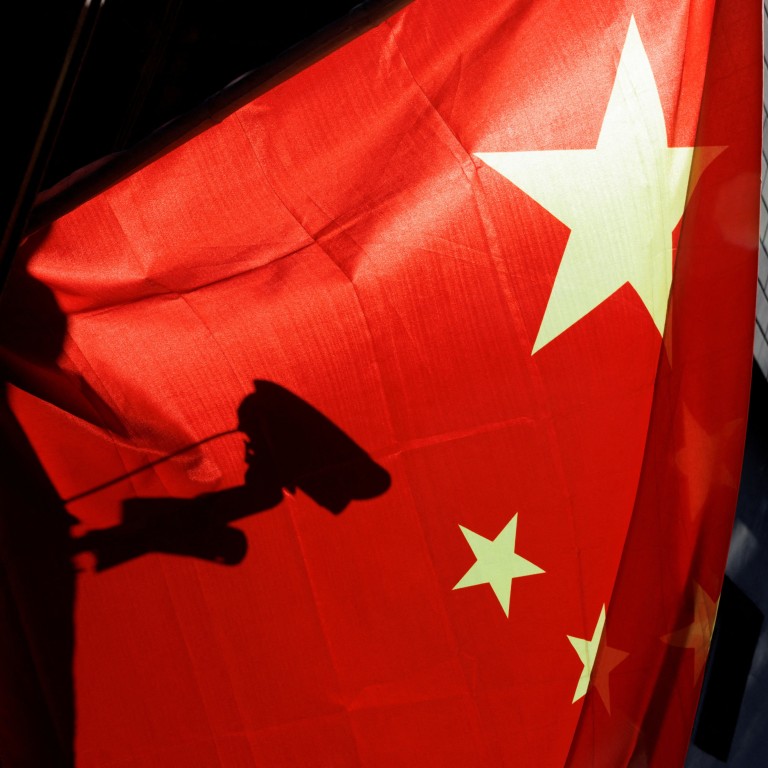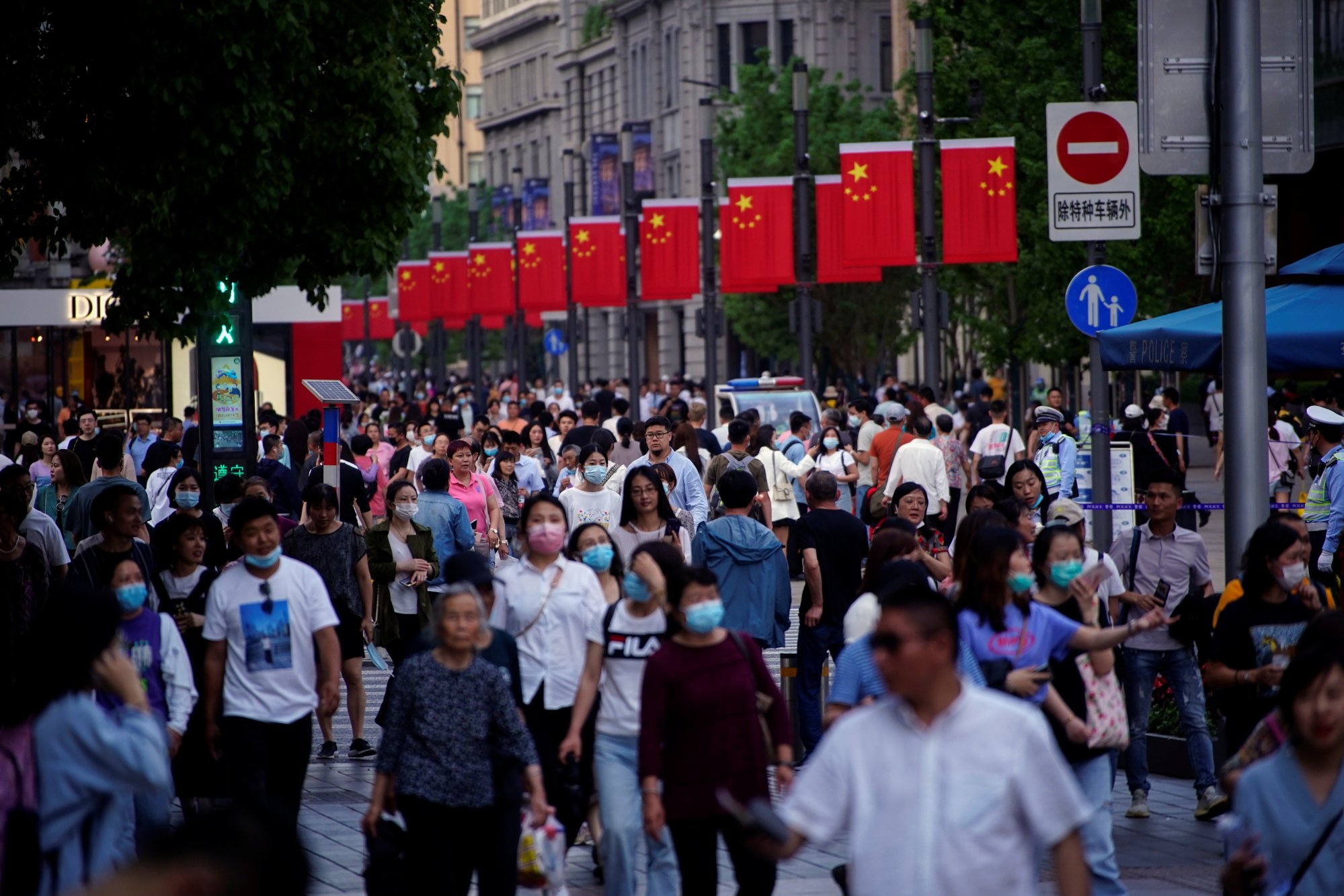
Beijing should be cautious about going too far on China’s public security, academic tells forum
- Researcher with official think tank also says vulnerable groups must be taken into account when pursuing security goals
- He says excessive measures could result in ‘wasted resources, panic among the public and inappropriate policies’
Beijing should beware of blind spots as it pursues its security objectives and be more mindful of the impact of its policies on society’s most vulnerable, an academic with an official think tank said.
Xu Jin, a researcher with the Chinese Academy of Social Sciences, made the remarks at a security forum in eastern China. He said Beijing should be cautious about going too far on security, do more research and be more flexible in its approach.
“While pursuing security goals, it needs to take into account the needs of different stakeholders, especially by giving adequate attention to vulnerable groups,” he said during a panel discussion at the Global Public Security Cooperation Forum in Lianyungang, Jiangsu province on Thursday.

Xu, from the academy’s Institute of World Economics and Politics, did not criticise any specific Chinese policy but said lessons could be learned from other countries. He gave the examples of the US-Mexico border wall and France’s anti-terrorism law, which he said resulted an “over-expansion” of executive power.
He said there was a dilemma for policymakers trying to find the right balance on public security, adding that excessive measures could result in “wasted resources, panic among the public and inappropriate policies”.
“I think the dilemma is mainly reflected in the inappropriate use of security measures and the inability to take into account the security interests of citizens, society and the government at the same time,” he said.
Inside the surveillance state: how China cows its people
Xu was speaking at a panel on international security, one of three held at the two-day forum organised by the China Association for Friendship.
It comes as Beijing is stressing the importance of national security, with President Xi Jinping highlighting China’s “more complex” security concerns amid rising geopolitical tensions. The country’s top state security body has also recently defied the decades-old practice of operating mostly in the shadows to call on the public to join the fight against spying.
China plans to train 5,000 security personnel from developing countries
At the forum, Xu said that if a government was purely focused on achieving its security goals without having good interactions with citizens and society – or even completely ignoring other actors – it could lead to “overly paranoid goals in public security”.
Without referring to China, he said other problems also emerged when it was time to bring security measures to an end but that process was delayed. He said efforts to normalise these measures would instead lead to a “normalisation of insecurity”.
“A government that implements security [measures] is often reluctant to give up the power and resources they bring,” Xu said. “So it may continue to use surveillance and big data, among other means, in order to achieve control over social stability,” he said, adding that this could be harmful to vulnerable groups and violate citizens’ rights.

.JPG?itok=zUDwoZRB&v=1701240446)